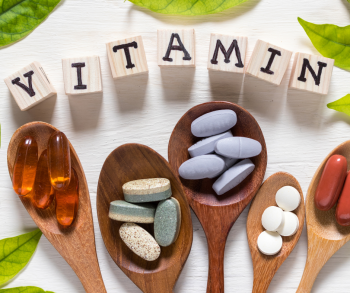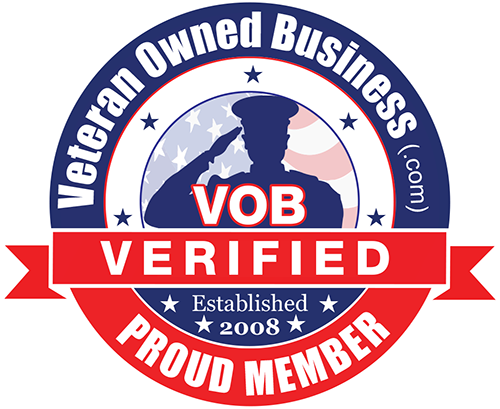Vitamins 101: Best Times, Types, and More for Seniors
July 19, 2024

Vitamins are essential for preserving health and energy, particularly as the years pass by. With this in mind, it’s easy to see why getting the correct nutrients can have a big impact on a senior's quality of life and general well-being. However, with so many options available, it can be hard for seniors to know what vitamins are best, when to take them, and more. The good news is that loved ones and elder care can support and encourage seniors regarding education about vitamins, which also empowers them to talk with their medical team when they have questions.
Why Are Vitamins Important for Seniors?
The body changes with age, and some of those changes impact seniors’ appetites, medication interactions, and absorption efficiency, particularly when it comes to vitamins and nutrients. When deficiencies occur, vitamin supplements become more and more crucial to promoting general health.
When Is the Best Time for Seniors to Take Vitamins?
Timing is everything, which means that “when” seniors take vitamins can impact how effective they are.
With the general guidelines offered below in mind, elder care and loved ones can remind seniors to take their vitamins to ensure the best results. Of course, specific needs will vary depending on personal health conditions and medications they might be taking, which is why seniors should always consult their medical team.
- Morning: It's best to take water-soluble vitamins, such as vitamin C and B complex, first thing in the morning. These vitamins can support immune system function all day and give seniors an energy boost.
- With Meals: Consuming meals high in healthy fats facilitates the best absorption of fat-soluble vitamins (A, D, E, and K). This improves how well the body absorbs and uses them.
- Evening: To enhance better absorption and facilitate sleep, minerals that support bone health and relaxation, like calcium and magnesium, are frequently taken in the evening.
Vital Vitamins for Seniors
- Vitamin D: Vitamin D is particularly important for seniors, especially if they don’t get enough sun exposure. This important vitamin helps improve the immune system and strengthen bones, both of which are important for seniors.
- B12: Red blood cell production and nerve function are both maintained by vitamin B12. One of the many changes that occur with age includes reduced absorption of B12 from the food they eat, which is why seniors may need supplements.
- Calcium: Calcium is essential for healthy bones and muscles. When coupled with vitamin D, it also helps prevent fractures and osteoporosis.
- Omega-3 Fatty Acids: Seniors at risk of cardiovascular disease should incorporate omega-3 fatty acids because they help reduce inflammation and support heart health.
- Magnesium: Promotes bone health, muscle, and nerve function. It also helps keep blood pressure in check and regulates blood sugar.
Selecting the Appropriate Supplements
As mentioned, both elder care and loved ones can help seniors find resources regarding vitamins and encourage them to talk with their doctor about adding vitamins to their routine. As part of their research, they should consider the quality of certain brands, how often the supplements need to be taken, if they interact with their current medications and more. Getting these answers can help them better manage their overall health and well-being.
For seniors to maintain their best health, they may need assistance from vitamins. If they’re concerned, home care and loved ones can help them develop a list of questions to ask their doctor and even rehearse those questions to help seniors feel more comfortable.
If you or your loved one is looking for Elder Care in Santa Clara, CA, please call Familiar Surroundings Home Care.
Santa Clara County: (408) 979-9990
San Mateo County: (650) 353-9777
Santa Cruz County: (831) 480-3990
